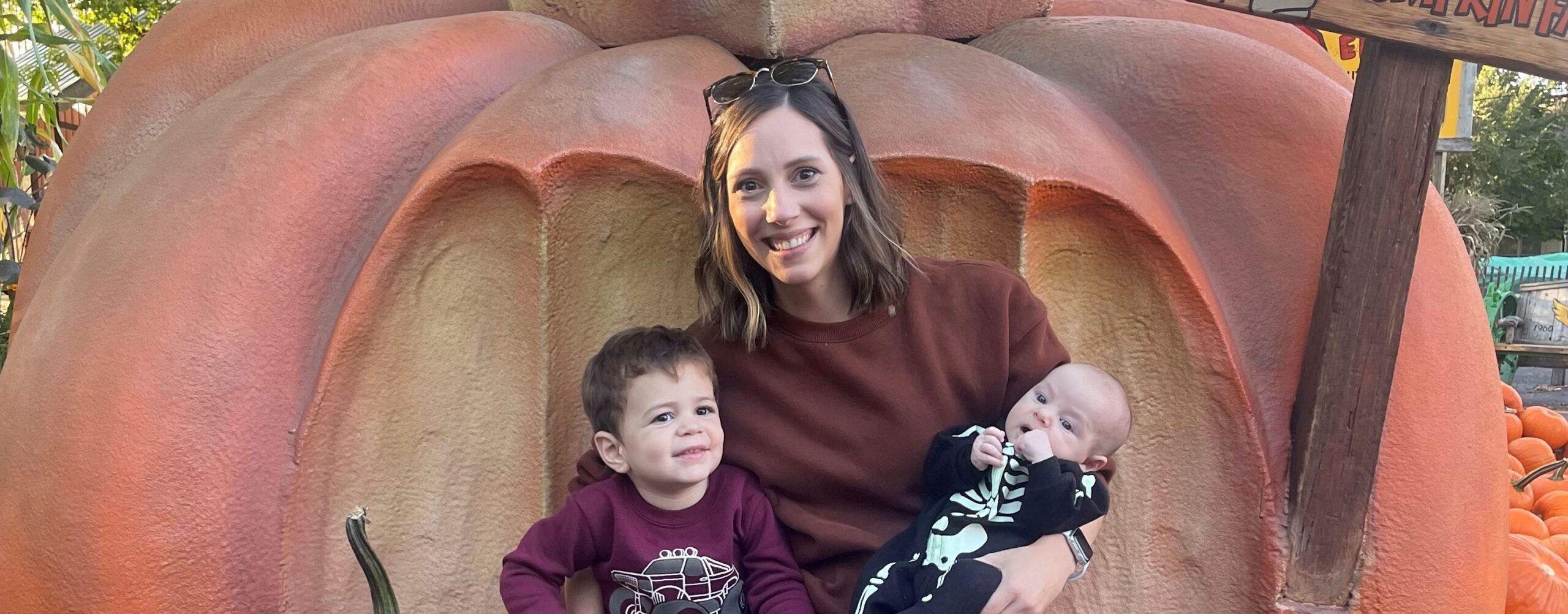Talking about Grief
I want to talk about grief. This is a subject that can be hard to name, let alone talk about with others. It can be a community experience and at the same time incredibly isolating. Even when multiple people suffer the “same” loss, the actual experience is so unique to each person dealing with it.
When we do talk about grief, it’s often in the frame of a death, but grief can be related to any kind of loss, whether it be a death, the loss of a relationship or a job, the loss of a personal identity, or any other significant shift in our lives. When we lose something or someone, our relationship to them fundamentally changes, and we can’t go back to how things used to be.
Grief is something I’ve been managing both personally and professionally, lately. I want to talk about how that’s affected me and how I’ve dealt with it, as well as reflecting on grief processes that many of us have faced in the last few years.
Who Gets to Grieve? Expectations around Grief
Types of grief
So many people in my life, be it family, friends, or my colleagues and clients have lost people and things they cared about and loved during the pandemic—deaths of friends, family, coworkers; loss of jobs or income; loss of a sense of personal freedom and social relationships due to pandemic circumstances. For example, shifting to a work-from-home setting for many has simultaneously been a relief and/or a source of distress for many people who relied on the social interactions they got in job spaces. Similarly, clients working in service industries have described working conditions shifting rapidly and their jobs not really feeling safe anymore for various reasons, and yet they have to keep going to work every day.
My experience of grief
These stories have often resonated with me and my own experience. In addition to having my in-person therapy work suddenly shift to telehealth and other major life/social shifts, a client I was working with died suddenly and unexpectedly earlier this year. It was a devastating experience, and also incredibly lonely. I didn’t know who to talk to about it, and, honestly, it didn’t feel like it was “my place” to grieve the loss. This is a person that I only ever saw through a computer screen, and I wasn’t close with anyone in this person’s life. I really had no idea what to do with my thoughts and feelings around this, and initially, other than talking about it in my own personal therapy, I just kept it to myself.
Expectations and assumptions about grief
Who gets to grieve? Grief can feel more or less “accessible” depending on the circumstances and connection (or lack thereof) to the loss. It may be understandable and expected for us to grieve the loss of a family member or loved one, but what if the loss is around someone who’s only an acquaintance, or a friend you lost touch with years ago? What if it’s someone you only knew in a professional context? What if the loss is your own sense of self identity because your life has shifted significantly? Whether the pressure is external or internal, we can sometimes struggle to even feel like our grief is actually real or legitimate.
Similarly, we often get messages about how long is acceptable for us to grieve. Friends and family can be very supportive, at first, when we’ve experienced a major loss, but they can also begin to express distress or resistance if we continue to mourn or discuss the pain of the loss over time. Workplaces often expect us to return to work quickly after a major loss. The pressure to “get over it” or at least to “act normal” after a few days, weeks, or months can be strong.
Self-judgement and grief
Not only that, but that pressure can come from inside of us as well. Many of my clients have expressed frustration or anger at themselves for not getting over a death faster, or feeling better for a few weeks and suddenly “falling backwards” or “losing progress.” I’ve definitely struggled with that, too. Comparatively to others, I felt like I was very lucky to keep my job and be able to work from home. Other people had it harder than me. Even though my client died, I didn’t feel like I should be as sad as their close friends or their family. I was just a person who saw them for an hour a week. So did that even count? It felt like I was appropriating feelings that weren’t allowed to be mine.
Taking Care of Ourselves while Grieving
Self-Compassion and grief
I think that an important first step in grief is letting ourselves experience it when possible. The reality of grief is that we will have thoughts and feelings about losses whether we want to or not. If we’re also beating ourselves up or isolating ourselves due to thoughts and feelings that we don’t feel allowed to have, that’s not helping anyone, especially us.
Self-compassion is an important subject that I talk to just about everyone in my life about, and with grief it’s especially important. It is normal and okay to feel upset that you’ve lost something or someone, even if it’s a “distant” loss. It’s normal and okay to feel upset about the loss for a long time, months or years after you’re “supposed to” get over it. How you feel is legitimate and your feelings are rooted in your body letting you know that something deserves attention.
It’s also normal and okay to experience numbness, to not feel anything, or swing back and forth between feeling upset and not feeling anything. Sometimes we’re disconnected from those feelings because our bodies are trying to protect us from emotional overwhelm.
Community support when grieving
If we can work on accepting whatever it is we’re experiencing, another important step is to find spaces where we can express ourselves about it. Whether that be in therapy, talking to friends and family who will listen, finding a support group, writing in a journal, etc., we are social creatures by default and we benefit from being able to share our feelings with others. Grief is a community experience; you deserve space to share how you’re feeling.
Self-regulation
Sometimes, managing our grief means taking care of our bodies. Intense grief can often look like overwhelming sadness, rage, or despair. These are all connected to body states that put a lot of strain on our nervous systems and makes it hard for us to function. Because of that, I want to focus on briefly describing a method to help our nervous systems called “square breathing” or “box breathing.” This is an intentional breathing technique that many people can do to help normalize their heartrate and help their bodies go back to a calmer baseline.
Square Breathing technique:
Imagine a square where each of the four edge represents an equal period of time. When working with clients, I usually start with 4 second intervals and increase or decrease depending on what each person can handle. We’ll do the whole process a few times (usually around five times total) until they feel a little more calm. The four edges represent the following steps:
- (4 seconds) Breath in through your nose
- (4 seconds) Hold your breath
- (4 seconds) Breath out through your mouth
- (4 seconds) Hold your breath
- Repeat this whole process at least three and up to ten times
This technique essentially tells your brain to calm the body’s heartrate and relax your nervous system through equalizing the oxygen going in and out of your lungs. The consistent rhythm when counting can also help you narrow your focus onto just your breathing and give your body some relief when you’re struggling.
Here are two links to videos that visualize this process:
Additional resources
In addition to the points above, here are some texts that could serve as additional context for thinking about and working through grief:
- “It’s OK That You’re Not OK: Meeting Grief and Loss in a Culture That Doesn’t Understand,” by Megan Devine
- “The Five Invitations: Discovering What Death Can Teach Us About Living Fully,” by Frank Ostaseski
- “Finding Meaning: The Sixth Stage of Grief,” by David Kessler



